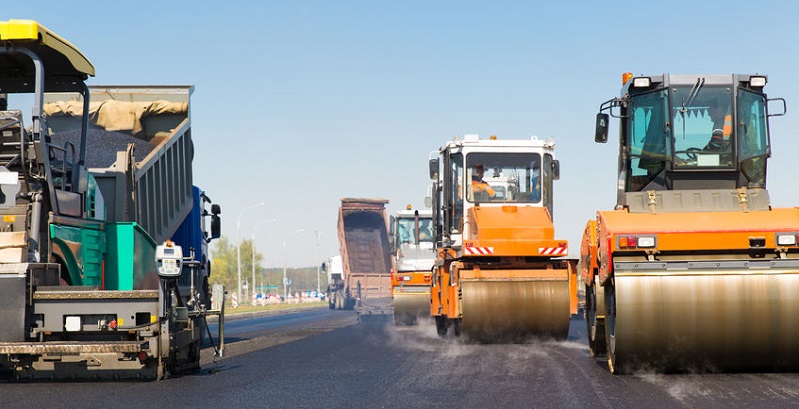According to Kelly Brough, the president of the Denver Metro Chamber of Commerce, Colorado drivers are paying more than $1,600 a year because of traffic congestion delays, damage to vehicles, auto accidents, and lost gas efficiency.
Civic Leaders Push Colorado Sales Tax Hike for Safety, Growth
Come November, Coloradans may be asked again the nagging question: Are you willing to pay more for better, safer roads?
After a failed attempt in 2017, a group of private business and civic leaders is pushing again for a statewide sales tax to go before voters this year, according to a report by The Denver Post’s John Frank. An extra penny of tax on every dollar of taxable purchases, for years into the future, could translate into a $5 billion lump sum and additional annual revenue for new roads and mass transit spending. Several other plans with smaller tax rates and smaller payouts are also being considered.
The coalition of activists, led by the Denver Metro Chamber of Commerce, is aiming dynamite at a logjam of state lawmakers on opposing sides of new taxes for road building and putting a measure before voters late this year.
The issue became most contentious in 2017, when Shailen Bhatt, then executive director of the Colorado Department of Transportation, told gatherings across the state that Colorado needs $8 billion to $9 billion to address its growing transportation needs. Bhatt’s comments came as state lawmakers were still digesting shockingly high road fatality statistics from 2016. That year, 608 people died on state streets, roads, and highways, CDOT records show. According to the latest count (released March 16, 2018), at least 648 people died from Colorado auto accidents in 2017. That is a 44 percent increase from 2010’s road death toll.
Despite the severe circumstances, similar proposals sponsored by the roads coalition died for lack of support in the Legislature in 2017, when the state was facing a $260 million budget shortfall. Sales tax initiatives are difficult to pass in Colorado because anti-tax business leaders want to use existing revenue for transportation needs. Sales taxes are also seen by some critics as regressive taxes, which put a disproportionate burden on low-income people.
Five Plans: Pick One
The roads coalition recently filed four sales tax initiatives, The Post reported. The four options would increase taxes by 0.35 cents, 0.5 cents, 0.62 cents or 1 cent, with the fourth initiative increasing sales taxes by 0.5 cents but also redirecting $150 million of current tax income to transportation spending.
Colorado already imposes a 2.9 percent sales tax, although additional taxes imposed by some municipalities bring local rates to as high as 11.2 percent, according to Taxrates.com. Consumers in the Denver area pay between 2.9 percent and 8.75 percent.
Key projects would include widening I-25, north and south of Denver, and expanding I-70 through Denver and the mountain corridor.
Addressing Longstanding Needs
Colorado’s most critical wants have gone unanswered for decades, Kelly Brough, president of the Denver Metro Chamber of Commerce, wrote in a blog outlining the roads initiative. The last time the state increased the tax rate for transportation was nearly 25 years ago, although Colorado gained nearly 2 million residents in the interim.
Brough wrote:
“Our failure to invest is costing us real money. Colorado drivers are, on average, paying more than $1,600 a year because of traffic congestion delays, damage to vehicles, accidents and lost gas efficiency. … In total, Coloradans are paying $6.8 billion annually due to the poor condition of our transportation system.”

